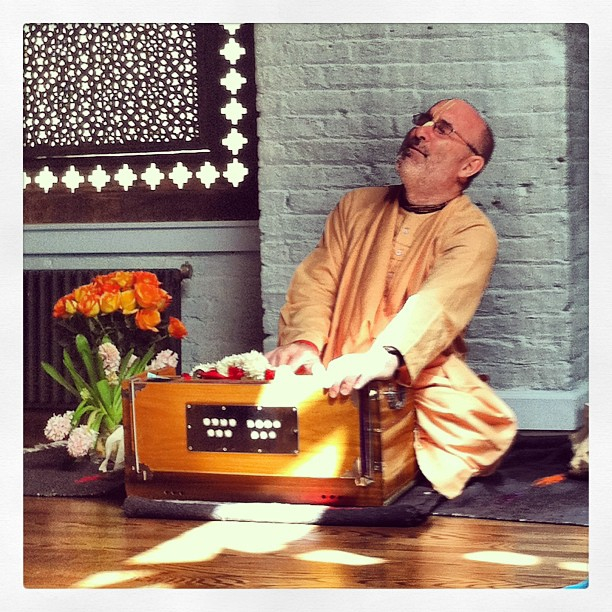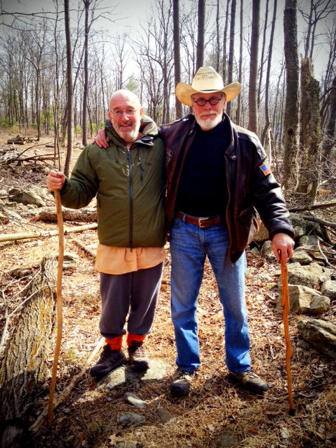Dear Śrīla Prabhupāda,
My obeisances at your lotus feet!
While meditating on writing this year’s homage to you a question came to my mind, “What was the single quality that made Śrīla Prabhupāda more Prabhupāda than any other quality?”
Certainly there are many things you did well and many qualities you possessed. I thought to myself, “Śrīla Prabhupāda was kind, fearless, and expert. He was an abode of compassion and attached to the holy name. All of those qualities are what made him Prabhupāda.”
But when I thought deeply about this question one quality came to my mind:
Faith!
Not faith in just the sense of believing something to be true, but faith as you have defined it:
“Unflinching trust in something sublime.”
You had fully tasted the sublimity of serving Kṛṣṇa and thus possessed unwavering conviction that there is nothing better than it. You were also therefore exemplarily faithful to the order of your spiritual master who directed you in that service.
What a wonderful thing your faith was! You had tasted the sublime and felt true compassion for those bereft of devotion. You were so convinced that you not only gave your life to end their suffering, but by your conviction laden words thousands developed the same faith and surrendered their lives to Kṛṣṇa. And the force of your faith continues to keep your mission vibrant years after your departure.
While writing this another question came to my mind, “What is the single quality that I would need more than any other quality to make me a worthy servant of your divine grace?”
I thought deeply and one quality came to mind:
Faith!
On this auspicious day of your appearance I thus offer my faith at your lotus feet and a pray that by your mercy I can realize the sublimity of devotion and thus feel true compassion for those bereft of devotion.
Humbly in your service,
Dhanurdhara Swami


